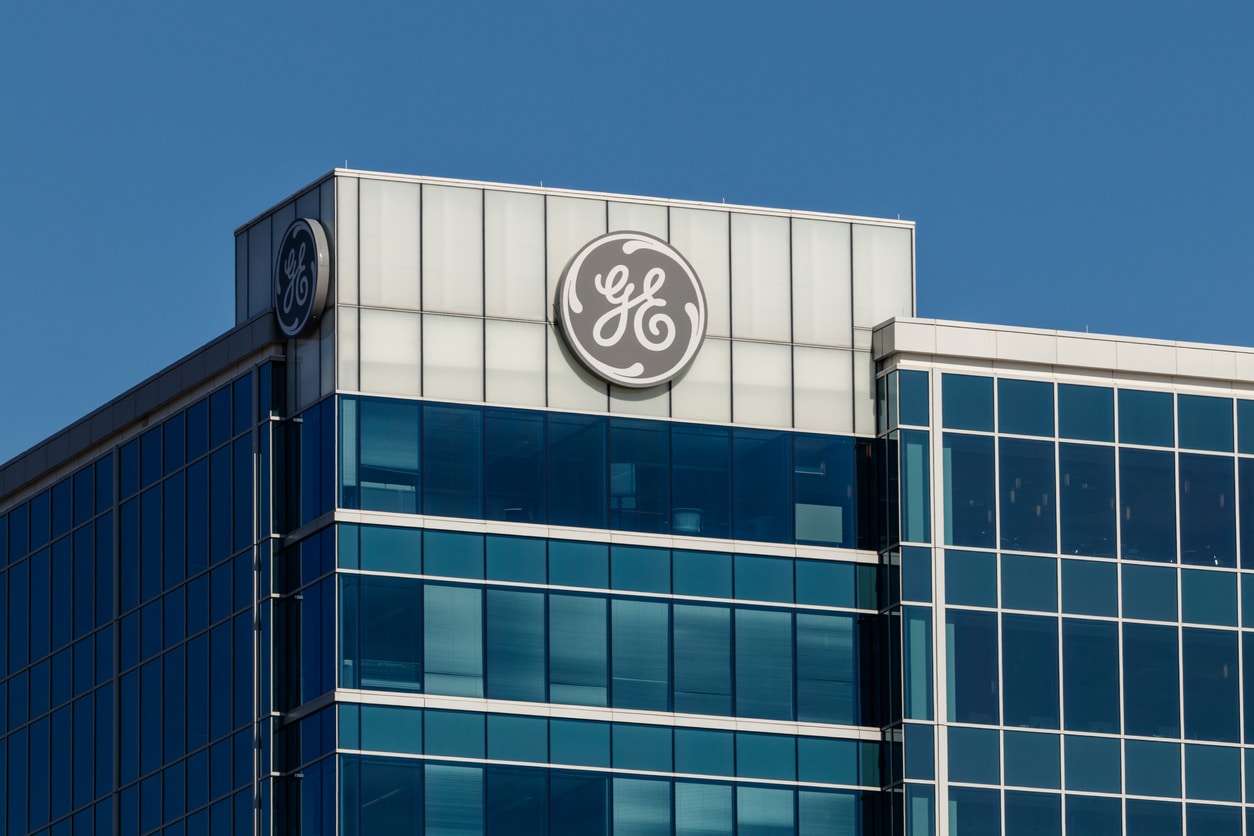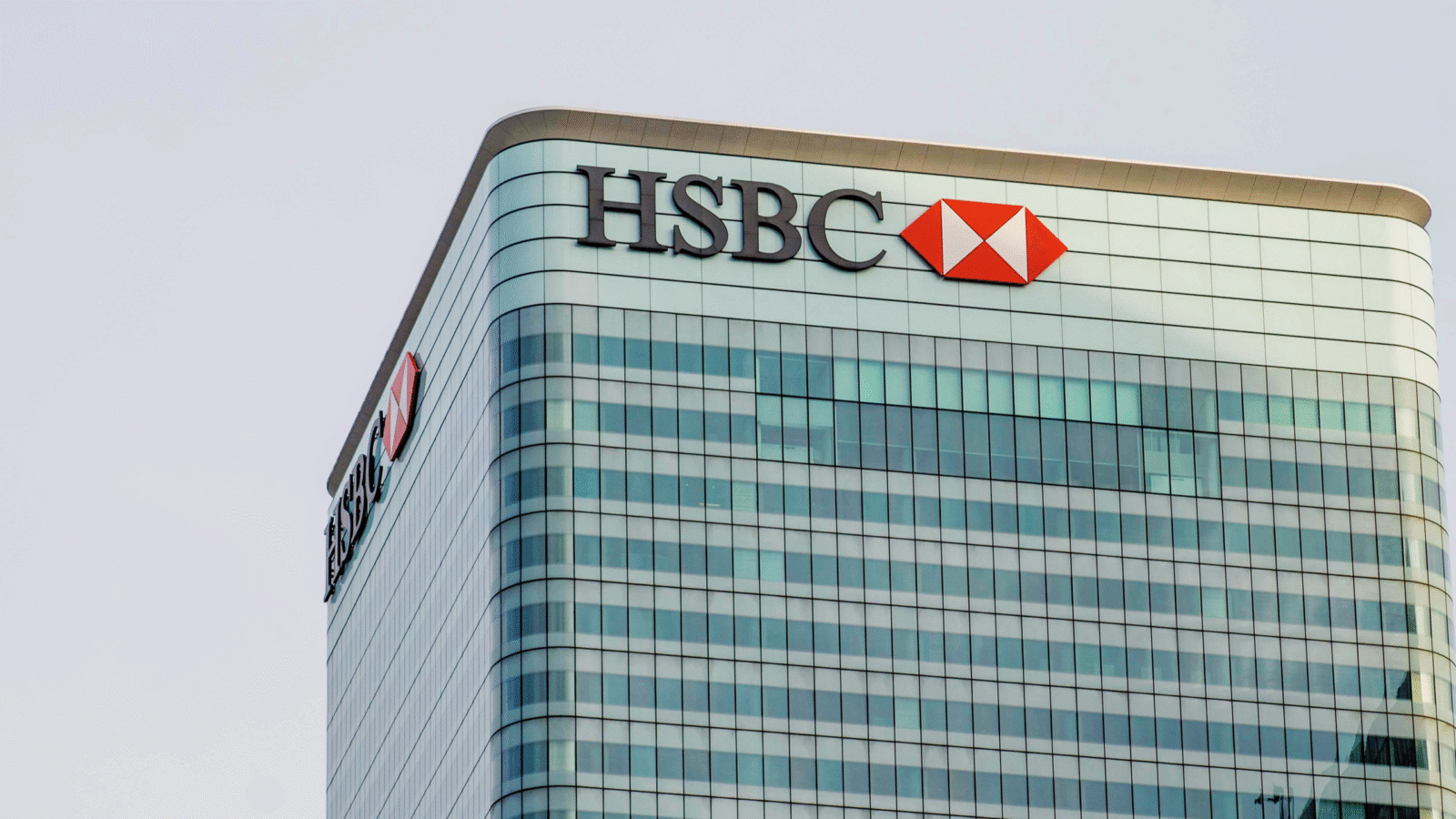
Sign up for smart news, insights, and analysis on the biggest financial stories of the day.
General Electric’s announcement that it’s breaking up into three companies this week marked a sputtering finale for what was once the most valuable corporation in the world — but you can’t have losers without winners.
Turns out the conglomerate’s precipitous decline was a boon to investment banks on Wall Street, which egged on GE to dump assets and make frenzied deals as its share price dropped — siphoning off $7 billion in fees since 2000.
Everything Must Go
First to assert its conglomerate dominance and then to reduce bloated cost structures, GE has bought and sold hundreds of assets in the last 20 years. Major offloads include its stake in NBCUniversal for $16.7 billion in 2013 — a sale advised by Goldman Sachs, JPMorgan, and Citi — and its plastic unit to Saudi chemical manufacturer SABIC for $11.6 billion in 2017
As a result, GE spent more money on investment banking fees than any other US company, according to analysts at Refinitiv. Its bill is trailed by Citi and JPMorgan, which ponied up $6.8 billion in fees. That made GE Wall Street’s most reliable source at the trough:
- GE spent $2.3 billion on mergers and acquisition advice alone — on top of the $3.3 billion in bonds fees, $800 million in loans fees, and $792 million in equity fees, according to Refinitiv.
- Four of Wall Street’s biggest banks — JPMorgan, Morgan Stanley, Citi, and Goldman Sachs — each earned more than $700 million from GE since 2000.
Who’s Zoomin’ Who? Experts note there may be a conflict of interest between bankers and the businesses they are helping break up. “Because investment banks receive much larger fees when the deals are closed, bankers were always on the side of completing as many deals as possible,” Nuno Fernandes, a finance professor at IESE Business School, told the Financial Times.











